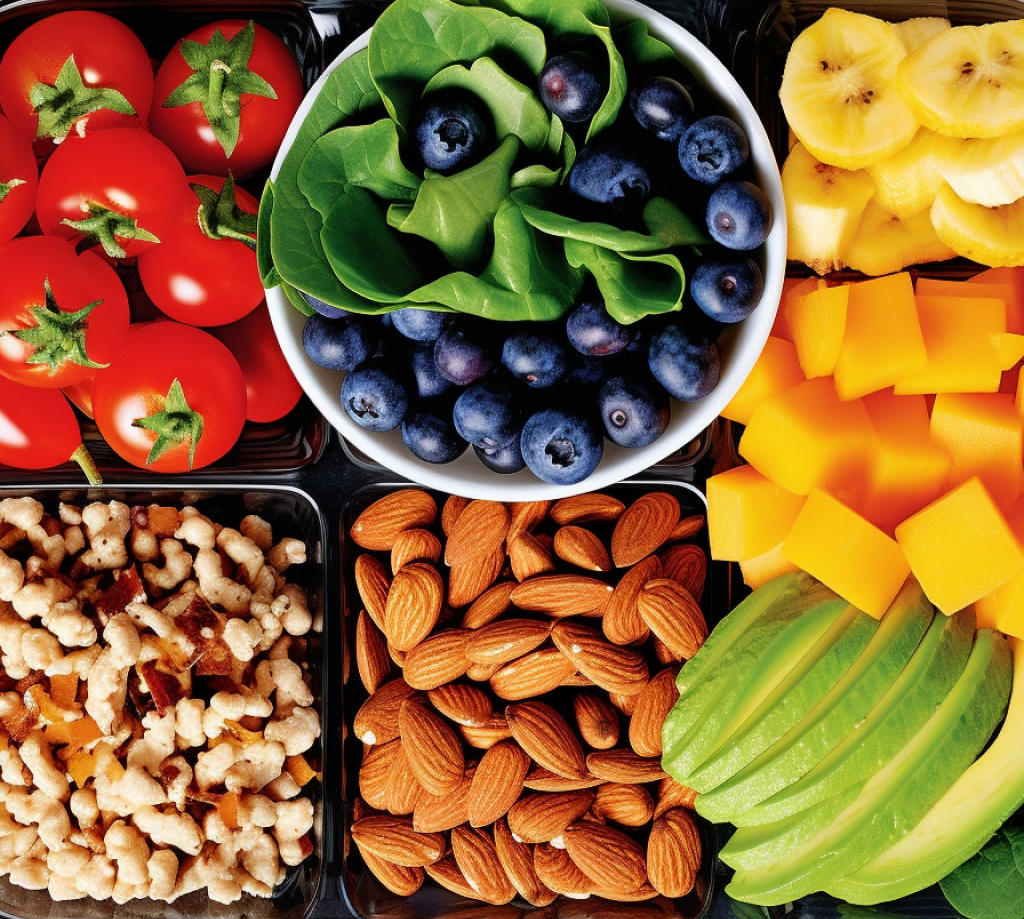Proper nutrition is the cornerstone of a child’s physical and cognitive development. As children grow, their dietary needs evolve to support their rapid growth, energy levels, and mental development. Ensuring a well-balanced diet from an early age can set the foundation for lifelong healthy habits. Here’s a comprehensive guide to providing optimal nutrition for growing children.

The Importance of Macronutrients: A Balanced Plate
A balanced diet for children requires the right proportion of macronutrients—carbohydrates, proteins, and fats. Each macronutrient plays a vital role in growth and development:
- Carbohydrates: Primary energy source. opt for complex carbs like whole grains, which provide sustained energy and are rich in fiber, improving digestion and preventing blood sugar spikes.
- Proteins: Essential for muscle repair, enzyme production, and overall growth. Include lean meats, fish, eggs, dairy, and plant-based proteins like legumes and nuts.
- Healthy Fats: Critical for brain development and hormone regulation. Include sources of omega-3 and omega-6 fatty acids like fatty fish (salmon, tuna), avocados, nuts, seeds, and olive oil.
Professional Tip: Aim to fill half the child’s plate with fruits and vegetables, one-quarter with whole grains, and the remaining quarter with high-quality protein. This balanced distribution ensures that children receive diverse nutrients for growth and energy.
Micronutrients: The Power of Vitamins and Minerals

Micronutrients—vitamins and minerals—are essential for various physiological processes, such as bone development, immune function, and cognitive growth.
- Calcium and Vitamin D: These are crucial for bone strength and growth, particularly during developmental years. Incorporate dairy products like milk, yogurt, and cheese, or plant-based alternatives fortified with calcium and vitamin D.
- Iron: Required for oxygen transport in the blood and preventing anemia. Lean meats, fortified cereals, beans, and spinach are excellent sources of iron.
- Vitamin C: Helps in the absorption of iron and supports immune function. Citrus fruits, strawberries, bell peppers, and broccoli are rich in vitamin C.
- Zinc: Important for cellular growth and immune support. Sources include meat, shellfish, dairy, and whole grains.
Professional Tip: Plan meals that integrate a variety of micronutrient-rich foods. A colorful plate not only looks appealing but also ensures a wide spectrum of nutrients.
Hydration: Water as the Primary Beverage

Children often overlook hydration, yet water plays an essential role in regulating body temperature, maintaining cognitive function, and promoting digestion. It’s crucial to encourage children to drink water throughout the day and avoid sugary beverages that can contribute to weight gain and dental issues.
Professional Tip: Offer water as the primary beverage and limit juices to 100% fruit juice with no added sugars, ideally no more than one small serving per day. Consider infusing water with fruits like berries or cucumbers to make it more appealing.
Healthy Snacking: Smart Choices Between Meals

Children often require snacks between meals due to their higher energy needs. However, it’s important to steer clear of processed snacks that are high in sugar, sodium, and unhealthy fats. Instead, focus on nutrient-dense snacks that provide sustained energy without excessive calories.
Professional Tip: Stock your kitchen with healthy, easy-to-grab snack options, such as:
- Fresh fruit slices with a side of nut butter
- Veggie sticks with hummus or guacamole
- Greek yogurt topped with berries and seeds
- Whole-grain crackers paired with cheese or avocado
Limiting Processed Foods and Sugars

Processed foods often contain excessive amounts of refined sugars, unhealthy fats, and artificial additives that can lead to health problems like obesity, type 2 diabetes, and hyperactivity. Limiting fast food, sugary snacks, and processed meals is essential for long-term health.
Professional Tip: When grocery shopping, opt for whole, unprocessed ingredients. Teach children to read labels and understand the importance of limiting added sugars and artificial ingredients.
Educating Children on Healthy Choices

Instilling an understanding of nutrition at an early age can empower children to make healthier food choices independently. By involving them in meal planning, grocery shopping, and cooking, they are more likely to develop a positive relationship with food.
Professional Tip: Create opportunities for your child to explore different foods by hosting weekly “new food” nights where they can try unfamiliar fruits, vegetables, or dishes. This builds curiosity and excitement around healthy eating.
Conclusion
A well-balanced diet rich in whole foods, lean proteins, healthy fats, and a variety of fruits and vegetables is the key to promoting healthy growth and development in children. By focusing on nutrient-dense meals and encouraging healthy eating habits, parents can help their children develop a strong foundation for long-term health and wellness.
Ensuring consistency, offering variety, and fostering a positive relationship with food will set your child on the path to a healthier future. Remember, balanced nutrition is not just about the food on the plate but also the habits formed around it.
Takeaway: Invest in your child’s future by providing a nutritious, balanced diet today. The benefits will be felt throughout their entire life!
Lead your way to us ezroots.in
